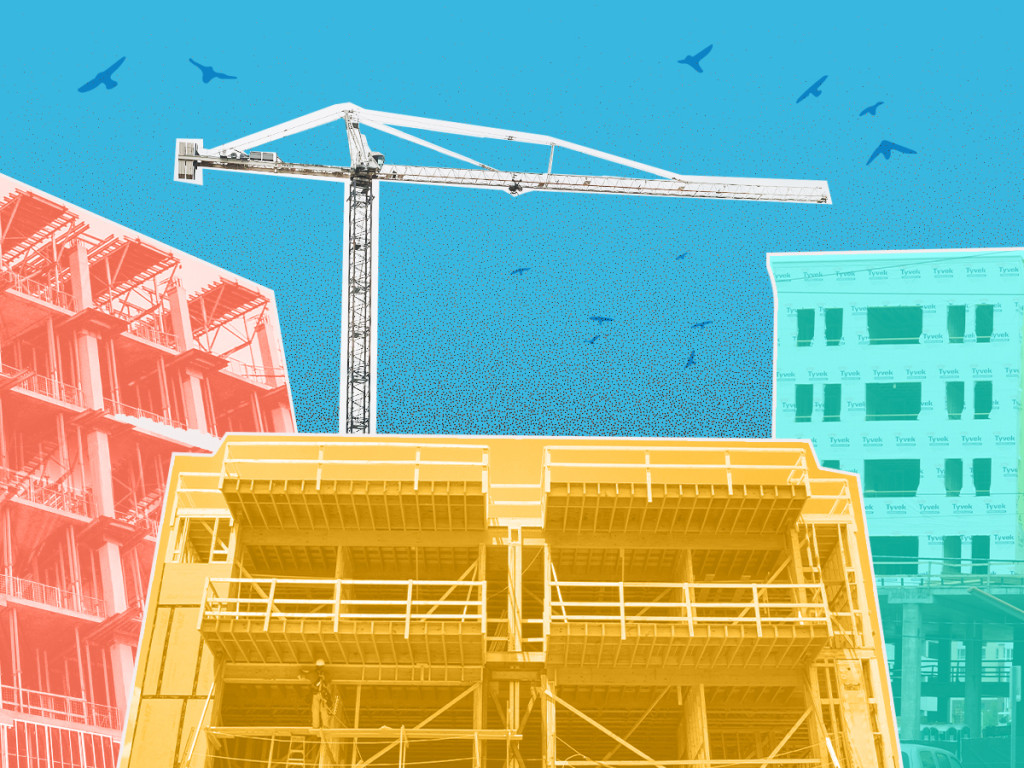Raleigh, Wake County Invest in Hundreds of New Affordable Rental Units
Amid an ongoing housing crisis, the city and county are contributing more than $30 million to construct 454 new affordable units.
The City of Raleigh and Wake County have agreed to invest $32.2 million toward the construction of three new affordable housing developments in Raleigh.
Together, the projects will create 454 new units of affordable rental housing in the coming years.
By supporting these projects, the city and county are honoring commitments they’ve made to expand their affordable housing stock.
In 2016, Raleigh set a goal of creating 5,700 affordable units by 2026 and is tracking its progress on this dashboard; Wake County, meanwhile, aims to create and preserve 2,500 affordable units by 2029 and has reportedly already surpassed that goal.
Despite this progress, demand for affordable housing continues to far exceed supply. Wake County is on a fast growth track—adding 64 new residents each day—and although housing prices and inflation have cooled since the height of the pandemic, affordable units remain especially hard to come by for prospective renters.
The three new affordable developments coming to Raleigh are the Maple Ridge Apartments in the northwest, the Strickland Apartments in the southeast, and the Moore Square Apartments downtown. The developers behind the projects—South Creek Development, Oppidan Investment Company, and Harmony Housing Affordable Development—hope to begin construction at the end of 2025.
All three developments will be income-restricted. The most expensive units will be open to anyone earning 70 percent or less of the area median income (AMI), and the least expensive units will be reserved for people earning 20 percent or less of the AMI.
Raleigh and Wake County’s contributions to these projects take the form of low-interest loans, to be paid back with 1 to 1.5 interest over the next 30-40 years. In addition to requesting government support, the developers are taking out bank loans and receiving tax credits from the IRS’s Low-Income Housing Tax Credit program—the program behind most new affordable housing created in the U.S. and North Carolina.
County and city officials were enthusiastic about the funding requests and approved them unanimously at their respective meetings on Monday and Tuesday.

Media Inquires Contact: [email protected]
